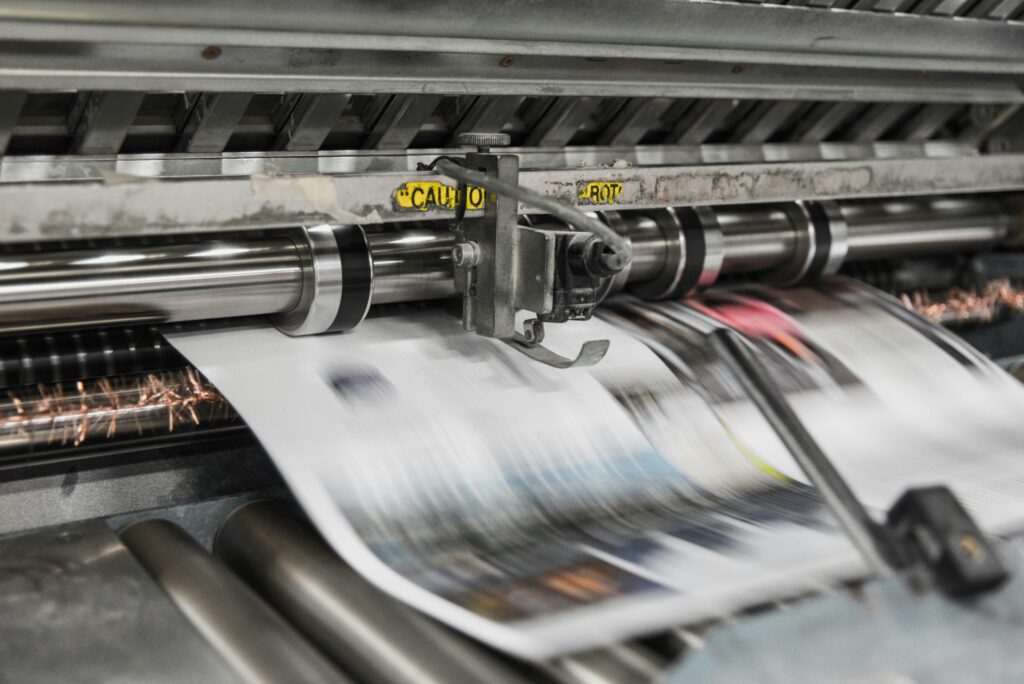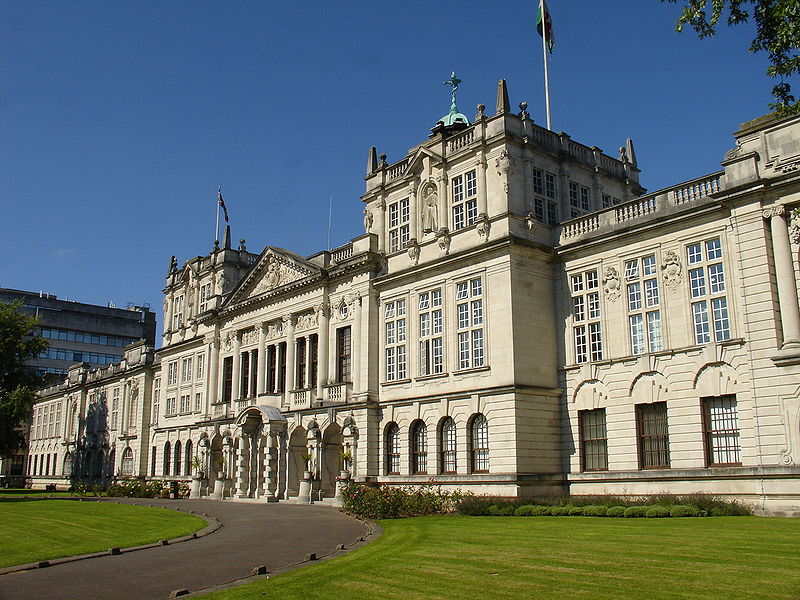Ahead of the IWA’s event at Hay Festival, Welsh writers share their vision for Wales’ future, and the role independence might play
Ahead of an IWA panel event at this year’s Hay Festival, where Dr Rowan Williams, Professor Laura McAllister and Miguela Gonzalez will talk to Auriol Miller about the work of the Independent Commission on the Constitutional Future of Wales, we asked leading Welsh writers for their answer to the question: What kind of Wales do you want to live in? In this piece, they reflect on the role of independence in their vision for the future.
John Sam Jones: ‘Complete bilingualism must be the goal’
Wales. In the future? Hmm… Wales would have to regain my trust and allegiance – I felt utterly betrayed by the vote for Brexit. We left, my German husband and I, and I gained German citizenship.
So, what kind of Wales would I like to see in the future? Wales needs to become an independent state (and all that goes with that) and it needs to become a member of the EU.
The on-going tensions in communities – even bitterness and hatred – between Welsh speakers and non-Welsh speakers (which I witnessed as a fluent Welsh speaker when I lived in Gwynedd and worked in Denbighshire and Conwy) needs to be cleansed… for a people divided will fail to thrive; complete bilingualism must be the goal for a future Wales where there is no place for language apartheid.
A tourist tax, so ubiquitous on the continent, would surely improve tired tourist facilities and attractions and offer new opportunities to develop tourism. Access to Wales’s National Parks needs a thorough make-over… private vehicles need to be parked in (fee paying) car parks and regular and dependable shuttle services (buses, ‘little trains’) will carry the people into the recreational areas. Beaches need investment – showers, public toilets, regular and dependable litter collections, lifeguard services.
Water needs to come back into Welsh ownership and any that flows out into England should be paid for by England. Public transport links north/south need a 21-century makeover as does the road infrastructure. Sources of energy – hydroelectric including wave technology, wind and solar all need to be exploited – yes, even at the risk of ‘spoiling a view’! The less developed, less populated, parts of Wales need new opportunities for growth – new sustainable industry, rural jobs, better housing. Products produced in Wales to be available locally to reduce food miles and boost production… and new uses for wool to be developed (Insulation? Clothing? Welsh carpet industry?)
Sadly, I suspect none of this will be realised in my lifetime.
Fflur Dafydd: ‘Decolonising these minds won’t happen overnight’
My novel The Library Suicides explores a nightmarish near-future in which a ‘small country’ is effectively committing suicide when it comes to its own identity and culture, by allowing the neighbouring country to have control over its resources. It is being starved of funds and asked to make severe cuts – eroding entire passages of Welsh history, and diluting the future of Wales.
We might hope that the younger generation will fight for an independent Wales which would represent the wishes and needs of Wales.
Unfortunately, this scenario isn’t pure fiction, and our national institutions are rarely given the opportunity to promote a positive inclusive identity of a modern Wales, with an old-fashioned manufactured British identity being perpetuated instead. This results in the walking-dead, brainwashed Welsh – colonised so well they cannot even recognise it as such – claiming that we are ‘not strong enough’ to survive on our own, while they hang their Union Jack bunting and make cucumber sandwiches for the Coronation.
Decolonising these minds won’t happen overnight, but we might hope that the younger generation will fight for an independent Wales which would represent the wishes and needs of Wales. Where the Welsh Government would operate under a Welsh legal system, rather than the legal system of the neighbouring country, and broadcasting would finally be devolved to Wales, meaning that the Welsh would actually receive news that reflects their day-to-day experience. As an independent country, Wales would be free to borrow its own money, to invest and spend on infrastructure. Ultimately, it would have power over its own resources – simply because it is an absurdity that it doesn’t.
Gofod i drafod, dadlau, ac ymchwilio.
Cefnogwch brif felin drafod annibynnol Cymru.
In short, an independent Wales would succeed and would look like any other small European country, and it would be allowed to tell its own story, and construct its own future, based on the facts, not the Westminster fiction.
Fflur Dafydd will be discussing The Library Suicides at Hay Festival on Tuesday 30 May 2023, 2.30pm.
Ness Owen : ‘An independent, thriving and peaceful country’
Like many other people, my hope for a future Cymru would be to belong to an independent, thriving and peaceful country which cares for the people who choose to make it home. A country that celebrates and reflects its wonderful Welsh name: fellow countryman, which speaks of community and tolerance. Something for our future generations to aspire to.
How we develop our self belief and confidence as a small nation with such potential is in our hands. To look forward we sometimes need to look back, teaching and learning from our own history, good and bad, sharing stories that have been hidden from us such as our contributions to international cooperation and peace. Although, historically we have been accused of being too inward or backward looking perhaps for wanting to keep our culture and the Welsh language alive but what nation would not want to celebrate survival under pretty tough opposition? We must also learn that heritage is not only about our past but also our present and future. It must respond and adapt to continue to survive in our changing world of cultural and social values and in the climate crisis.
Why wouldn’t a nation of ‘fellow countrymen’ want to be fully independent and gain freedom from being governed or ruled by another country?
The Senedd has already used its powers and has been a forerunner in introducing some innovative policies as steps to address our current crisis. To continue to make our own decisions as citizens of our country, the question that needs to be addressed is: why wouldn’t a nation of ‘fellow countrymen’ want to be fully independent and gain freedom from being governed or ruled by another country? Our future shouldn’t depend on a system where we are massively outnumbered. Devolution has given us our first steps and my hope would be to build on these, looking outwards to reconnect with European and other nations as Welsh Internationalists.
Tom Bullough: ‘Act now and we can hope for a Wales that is fairer, healthier, more abundant’
To begin with, I must say this: Everything we know and love is contingent on a stable climate and stable ecosystems, which we no longer have and which are becoming less stable by the year. This is our reality. So, for now, forget independence. We cannot spare the time involved.
On our current, collective course, among the many threats we face are the collapse of biodiversity – our life-support systems – and, with sea level rise, the potential loss of villages, town and cities from Porthdinllaen to Cardiff itself, as well as much of our key infrastructure.
First, then, I would like to see education: a national programme of information, so that everyone can understand the gravity of our current situation. This would be followed by a national consultation, taking the form of citizens’ assemblies, in which we would take a series of collective decisions as to how we would decarbonise our economy and restore our ecosystems by, at the latest, 2035 – dismissing Carbon Capture and Storage technologies, which cannot hope to be functional by then. The parameters for many of these decisions could be provided by the Centre for Alternative Technology’s Zero Carbon Britain. The ‘doughnut’ model used in the recent Management Plan for the Bannau Brycheiniog National Park could also provide a useful template, since it seeks to ensure human wellbeing within planetary boundaries.
These decisions would be difficult. They would lead to dramatic, disruptive change in every sector of our economy and every aspect of our lives. Nevertheless, they are what is required if we wish to see a society fit for the 21st century. Act now and we can hope for a Wales that is fairer, healthier, more abundant – perhaps, if we wish it, independent. Delay and we risk no Wales at all.
To join the IWA at the event on Wales’ constitutional future, buy tickets here.
All articles published on the welsh agenda are subject to IWA’s disclaimer. If you want to support our work tackling Wales’ key challenges, consider becoming a member.





